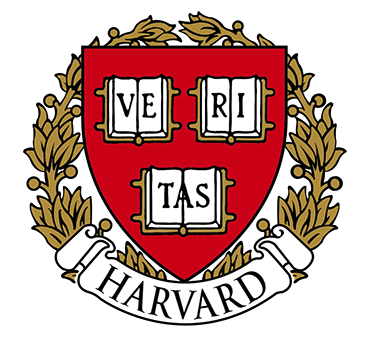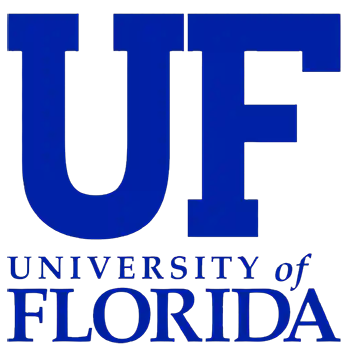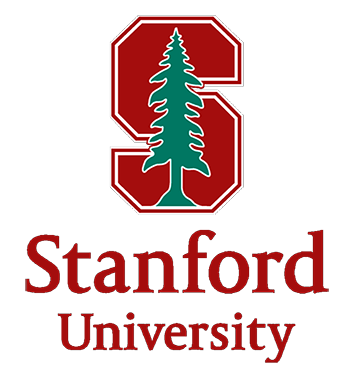F1 visa holders are allowed to work while attending classes. College students are allowed to work up to 40 hours a week during breaks and full-time during semesters.
- info@spriseoverseas.com
- 1st Floor, Hana Tower, Surabhi Nagar, Kakkanad, Kerala
- +91 7356556215 | +91 7356226213
United States
Study Abroad in the United States (USA)
Students can have a life-changing educational experience in the USA through study abroad programs that emphasize academic achievement, cultural variety, and personal development. The USA offers a vibrant atmosphere to help you reach your objectives and broaden your perspectives, whether you're looking to further your education, complete research, or get an undergraduate degree. The USA invites students from all over the world to start an exciting educational adventure because of its top-notch universities, dynamic cultural scene, and plenty of chances. With so many alternatives available and intricate application processes, we recognize that studying in the USA can be a frightening experience. Our team of knowledgeable educational consultants is here to assist you in achieving your academic and professional objectives by guiding you through each step of the process.

Why should you study in the USA?
Studying in the USA offers numerous advantages that make it an attractive destination for International students. Here are several compelling reasons why you should consider studying in the USA:
- Academic Prominence: Several of the top-ranked universities in the world, recognized for their innovative teaching strategies, state-of-the-art research, and academic quality, are located in the United States. Prominent universities such as Harvard, MIT, Stanford, and Yale are among the greatest in the world, providing a broad spectrum of academic programs.
- Broad Range of Programmes: American universities provide a wide range of undergraduate, graduate, and doctorate programs in several subject areas, including business, the arts, humanities, social sciences, and STEM (science, technology, engineering, and mathematics). Students can explore their academic interests and follow their career objectives because of this diversity.
- Research Opportunities: As a world leader in innovation and research, the USA offers a wealth of chances for students to interact with esteemed academic members, participate in ground-breaking research projects, and advance their areas. Modern buildings, labs, and research centers are frequently seen in universities to assist with student research projects.
- programs for Internships and Employment: The United States of America provides a wealth of internship, co-op, and employment options for overseas students. These programs give invaluable work experience, professional growth, and networking opportunities. Strong links between many universities and business partners help graduates get jobs and grow in their careers.
- Quality of Education: Degrees from US universities are regarded and widely recognized around the world, which improves your chances of landing a job and opens doors to opportunities abroad. US-educated graduates are in great demand in the job market because employers recognize the skills, knowledge, and critical thinking abilities they have earned from an education in the US.
- Support Services for International Students: US colleges provide extensive support services, such as academic advising, counseling, orientation programs, and help with immigration and visa issues, for their International students. Resources, programs, and assistance are offered by committed International student offices and cultural centers to help students succeed both academically and personally as they acclimatize to American society.
Fast Facts About USA
Number of Universities in the USA
4000+
Number of International Students in the USA
1,057,188+
Cost of Studying in the USA (Per Year)
$5,000 to $50,000
Cost of Living in the USA (Per Year)
$10,000 to $25,000
Part-Time Work Opportunities
30 Hours/Week
USA Currency
United States Dollar
Popular Programs
Studying abroad in the USA is one of the most popular options in the world. A person can get his desired program quickly in this country. To provide you with detailed information, we have listed some of the most popular courses offered by U.S. universities.
M. Phil
33 Course
Ph.D
6,780 Course
B.E./B.Tech
776 Course
L.L.B
31+ Course
MBA
570+ Course
MBBS
80 Course
B.Sc
4247 Course
B.A
21823 Course
USA Admission Requirements
You need to know about all the admission requirements if you wish to get into reputed universities in the USA. You should also be aware of the documents required to get into US universities. You can study in the USA if you meet the following requirements:
Curriculum Vitae (CV) Or Resume
Academic Transcripts
Valid Passport
Visa
Test Scores of SAT/GMAT/GRE
Proof of Proficiency in English
Personal Statement
Letter of Recommendation
Student Work Opportunities in the USA
Part-time employment is available to international students enrolled in courses in the USA. Despite this, international students need to adhere to a few restrictions. Also, students can explore employment opportunities after graduation, which require a separate visa application.
Job Opportunities for Part-Time
- You are allowed to work 20 hours per week in the USA with your scholar visa.
- You can work up to 40 hours per week during your break.
Job Opportunities Post-Study
- Those who have completed their studies can apply for a 12-month work visa.
- Post-study permits are available to scholars who wish to remain in the country after completing their studies.
Courses Description
More than 4000 universities in the USA offer more than 65,000 courses and degrees.
The USA is a great place to study for students who want to join the evolved academic world and have a successful career. US universities offer students an endless selection of courses and degrees.
The American Educational System offers a flexible curriculum that allows students to customize their courses. Consequently, the USA has become a favorite study-abroad destination for international students from all over the world because of this factor.
Business, Law, Psychology, Engineering and Technology, Medicine, Sports Science, Computer Science, Media and Communication, etc., are some of the most popular courses for international students in the USA. The following list provides more details.
Degrees Offered in the USA
The USA is one of the best countries where you can find endless opportunities in your life. Getting a degree from a top-rated university in the USA can help you to study abroad. A degree program in the USA is classified as follows:
Associate Degree
The two-year associate degree is commonly offered at career, technical, and community colleges. Several four-year institutions also offer them. Associate degrees include Associate of Arts (A.A.) and Associate of Science (AS).
Bachelor's Degree
To earn a bachelor's degree, students must have finished high school or have completed the 10+2 requirement. It is typically a three-year educational program. Your particular stream may require something else. US universities offer a wide variety of degrees, such as B.A., B.Sc., B.Ed., B.Eng., LLB, etc.
Master's Degree
One can earn a master's or postgraduate degree after earning a bachelor's degree. The degree serves as an enhanced credential for your particular bachelor's degree program. The duration of master's programs varies depending on the stream you choose in the USA.
Doctorate Or PhD
You can pursue a PhD after earning your master's degree. It also comes from the same field in which you earned your postgraduate degree. Obtaining this degree in the United States will extend your visa by three to four years.
Course in USA
| Program Name | No. of Courses | Duration | Fees |
|---|---|---|---|
| M.Phil | 33 | 1 Y - 2 Y | 16.5 L - 53.6 L |
| Ph.D | 6,780 | 6 Y | 30.6 L - 96.6 L |
| B.E./B.Tech | 776 | 4 Y | 23.6 L - 45.3 L |
| L.L.B | 31+ | 3 Y - 5 Y | 37 L - 54 L |
| MBA | 570+ | 1 Y - 2 Y | 36.7 L - 62.9 L |
| MBBS | 80 | 4 Y | 14 L - 50 L |
| B.Sc | 4247 | 3 Y - 4 Y | 17.8 L - 1.83 CR |
| B.A | 21823 | 4 Y - 5 Y | 36.5 L - 1.64 CR |
Free Consultation
You can determine which programs will be of most help to you by taking advantage of free consultation services in the USA. You have access to a number of free resources to help you navigate your problems. Contact us today to schedule your free session and get started!

-
Free Consultation
Will do passively. -
Admission process
Will do passively. -
Coaching Classes
Conduct it yourself.
Popular Universities In USA
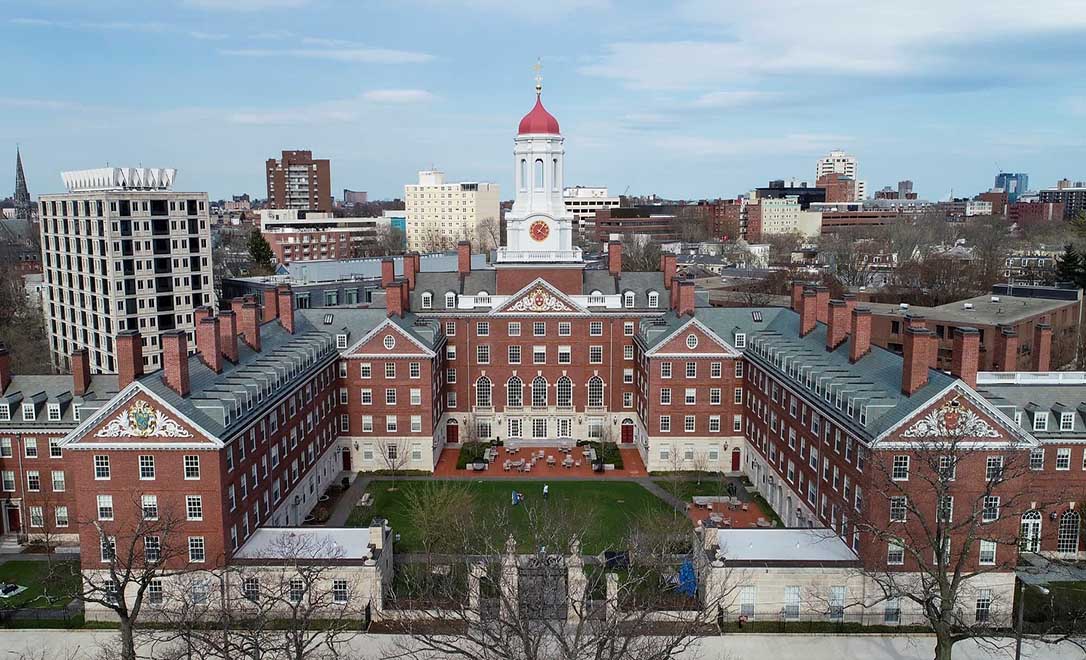
Harvard University
Massachusetts Hall, Cambridge, MA 02138, USA
Intake sessions January, May, August
No. of Courses 3,700
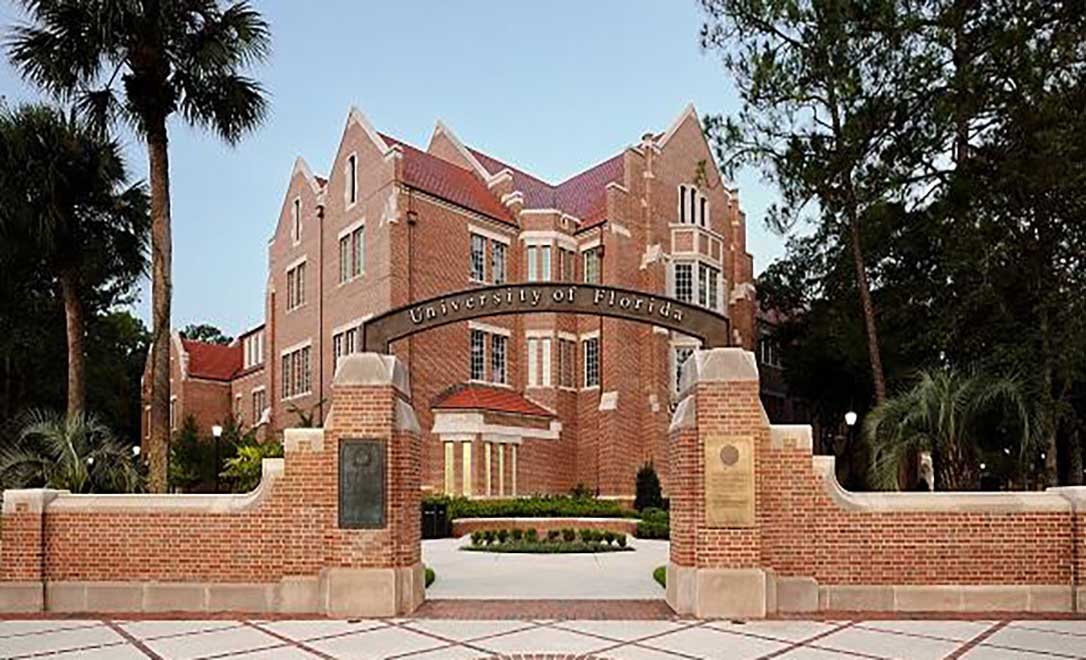
University of Florida
The Old Schools, Trinity Ln, Cambridge CB2 1TN, UK
Intake sessions March, August, September
No. of Courses 330
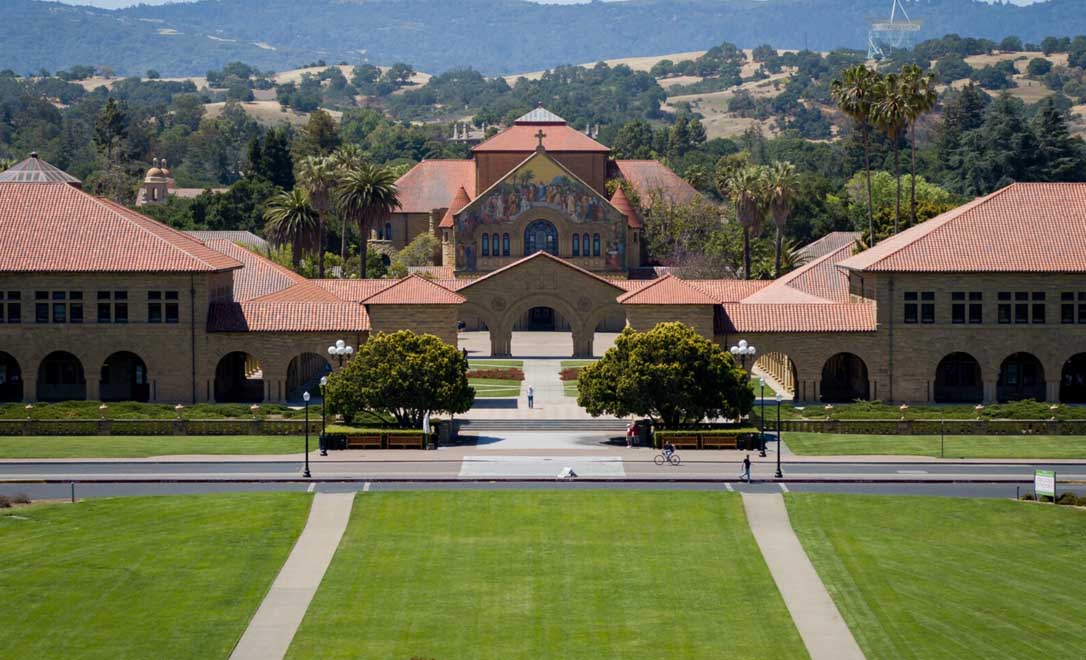
Stanford University
450 Jane Stanford Way, Stanford, CA 94305, USA
Intake sessions January, March, June, September
No. of Courses 150
The USA Admission Intakes
The United States is one of the countries that receives the most applications from around the globe. Students can apply for three intakes if they miss a deadline, so there is plenty of opportunity to catch up if they miss a deadline.
Fall Intake
The autumn semester is the most popular intake for international students in the United States. This intake offers a variety of popular programs, including MBAs, MSs, and M.A.s. Students have the option to take a selection of courses during the fall intake. November and May are the application deadlines for the September intake.
Spring Intake
January intake offers fewer courses and university options than Fall or September intake. The January intakes in the USA are still a decent backup for those who missed the primary intake. Spring intake begins in January and lasts until May each year. You will have plenty of time to take a gap year with this intake.
Summer Intake
The summer intake is the least well-known of all intakes in the USA. May intake needs to be better liked because there are fewer applications. Universities offering them have limited intake and number of courses. There are several benefits to this program if you missed the first two intakes.
Visa Requirements
If you are interested in studying abroad at an American university, here are the fundamental requirements for obtaining a visa. Students under 17 can apply for a child visa with parental or guardian authority documents. The following is a list of other requirements:
Valid Passport
University Certification
Sufficient Funding
Enrollment Letter
English Language Proficiency
Original Transcript
I.D. proof
Residential Proof
F1 Student Visa
The F1 visa is required by students who wish to enroll in programs in the United States that require more than 18 hours of study per week. Undergraduate and postgraduate programs such as MBAs and master's degrees are included in this category in the United States.
- CAS: Required
- University Acceptance Letter: Required
- English language proficiency: Required
- Medical Certificate: Required
- Age Limit: Not Specific
F2 Visa ( Children and Spouse )
Families traveling with F-1 visa holders will do so on an F-2 visa. Please be aware that wives cannot work but may accompany their partners or apply for visas to work or study in the United States.
- CAS: Required
- University Acceptance Letter: Required
- English language proficiency: Not Specific
- Medical Certificate: Required
- Age Limit: Not Specific
J1 Exchange Visitor Visa
An Exchange Visitor Visa is typically requested by a working professional traveling to the United States on an exchange program. This could include a research fellowship or a training program lasting ten months. Applicants will be informed by the relevant institutions in any case.
- CAS: Required
- University Acceptance Letter: Required
- English language proficiency: May Vary
- Medical Certificate: Not Required
- Age Limit: Not-Specific
M-1 Non-Academic Student / Vocational Visa
Students attending vocational and technical institutions can only apply for the M1 type of student visa. F1 visa applications follow the same process as M1 visa applications. It differs from M1 visas in that they are time-stamped upon entry, and students cannot extend their stay. Make sure you read up on student visas for studying abroad as well.
- CAS: Required
- University Acceptance Letter: Not Required
- English language proficiency: May Vary
- Medical Certificate: Not Required
- Age Limit: Not-Specific
Do You Have Questions?
-
What are the requirements for studying in the USA?
-
What are the benefits of studying abroad?
World-class education helps you to shape your career successfully in the global market. An international qualification is recognized around the globe. Studying abroad gives you a chance to network with students and employers/ industrialists from across the globe. It provides a platform to familiarize yourself with the global market demands and enhance your career prospects.
-
How can I avail of scholarships?
International students can usually get scholarships to pursue their studies in most countries. Institutions may have different requirements. Scholarships are highly competitive and based on academic profile. Our team at Sprise Overseas can also assist you in obtaining scholarships from various institutions based on your qualifications.
-
What Are the Requirements I Need to Study in the USA?
Studying in the USA requires the following requirements:
- The application must be properly completed.
- Grade report and certificate of graduation from school.
- An evaluation of English language ability based on the TOEFL test.
- Supporting documentation showing that you can afford the costs of the course.
-
How much does it cost to study in the USA?
One of the biggest advantages of studying in the USA is that it has some of the world's best colleges. Studying abroad in the US is expensive, but you can make it a budget-friendly experience by seeking help.
-
Is it possible to work part-time while studying abroad?
While most countries allow international students to work part-time during their studies, exceptions include Singapore, the US, China, Bulgaria, etc. Part-time work is legally restricted for students.

